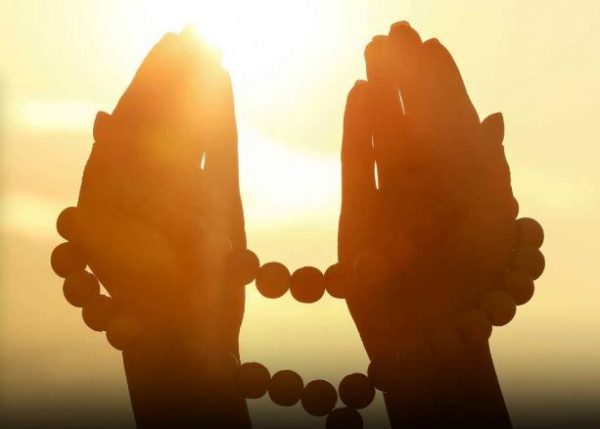Focus shifts from Covid-19 to political challenges facing Prayut govt

As coronavirus-related restrictions ease and people gradually resume their normal lives, Thai politics is all set to heat up again.
Politicians will resume business as usual when Parliament opens for a new session on Friday.
Observers, however, predict that political tension is likely to spring from internal conflicts in the ruling coalition rather than from opposition parties or political movements outside Parliament. But they still expect the government to survive at least until the end of its first year in power.
The House of Representatives will on May 27-29 consider three executive decrees that empower the government to secure loans of up to Bt1.9 trillion to help cushion the impact of the Covid-19 pandemic on the economy and people.
However, far more interesting than the debate on the decrees is the power struggle that is brewing in the ruling Palang Pracharath Party and its coalition partners, political analysts said.
At least two major factions in Palang Pracharath, including the Sam Mitr (Three Allies) group, are reportedly pushing Prime Minister Prayut Chan-o-cha to replace party leader Uttama Savanayana, who is also Finance Minister, with Deputy Prime Minister Prawit Wongsuwan, who is currently the party’s chief strategist.
The factions have also demanded that Prayut reshuffle the Cabinet to hand them more seats.
The coalition Bhumjaithai Party, whose size swelled to 61 MPs thanks the dissolution of the Future Forward Party, is also expected to bargain for one more Cabinet seat, observers said.
“Government politicians will likely make these demands in exchange for votes to approve the three decrees,” said Stithorn Thananithichot, a political scientist from King Prajadhipok’s Institute.
Prayut may have no choice but to concede to some of these demands or else risk the three decrees being voted down, he added.
Although the rejection of any executive decree would not result in a legal penalty, it might bring demands for the government or the premier to take responsibility by resigning, analysts pointed out.
“And it would also cause a loss of face for PM Prayut [proving he cannot control his ruling party MPs],” the academic added.
However, the political scientist believes Prayut will eventually successfully manage the power bargaining, because none of the protagonists will want to withdraw support from the government and join the opposition.
He reckons Prayut will probably concede to a change of party leader, but is uncertain whether he will reshuffle his Cabinet soon. Stithorn also thinks Prayut will wait until July when the government marks it first year in power.
“Making any change in his Cabinet now will hurt his image and credibility,” the expert said.
“The public wants to see the government focus on tackling the coronavirus contagion, so Prayut will disappoint them if he pays more attention to political games than public health.”
All eyes on student rallies
Although the government now appears comfortable with a clear majority of almost 60 MPs, and key opposition politicians from the defunct Future Forward are now banned from politics, it cannot afford to ignore political movements mobilising outside Parliament, another critic warned.
Of special concern is that street protests could reappear after the national state of emergency is lifted as the outbreak eases.
The state of emergency is due to expire at the end of this month, then we will see whether flash mobs return with the force they displayed early this year, said Yuthaporn Issarachai, a political scientist from Sukhothai Thammathirat Open University.
Yuthaporn was more impressed with the impact of flash mobs organised by student activists, than that of the Progressive Forward Group, the reincarnation of Future Forward, as the students were not closely aligned with any political group. But he doubts whether the student movement after the outbreak will be strong enough to go after the government.
Student activists from major universities began staging nationwide demonstrations against the government in February, after the dissolution of Future Forward. But they have reportedly disagreed on whether they would return to protesting and on reasons for doing so.
Yuthaporn said whether campus rallies could achieve their goals depended on overall political circumstances, including the government’s ability to ease people’s suffering during the pandemic and its transparency in spending loan money to reboot the economy.
Yet, with continuing support from the military and effective handling of internal conflicts among coalition partners, Yuthaporn reckoned the Prayut government could survive its first year, though he believes staying in power for a second year would be a tough task.
“This is because not just Thailand, but the rest of the world will enter a phase of economic restoration in the post-Covid-19 era. And that is an external factor beyond the control of the government,” the academic said.
By ThaiPBS World’s Political Desk






